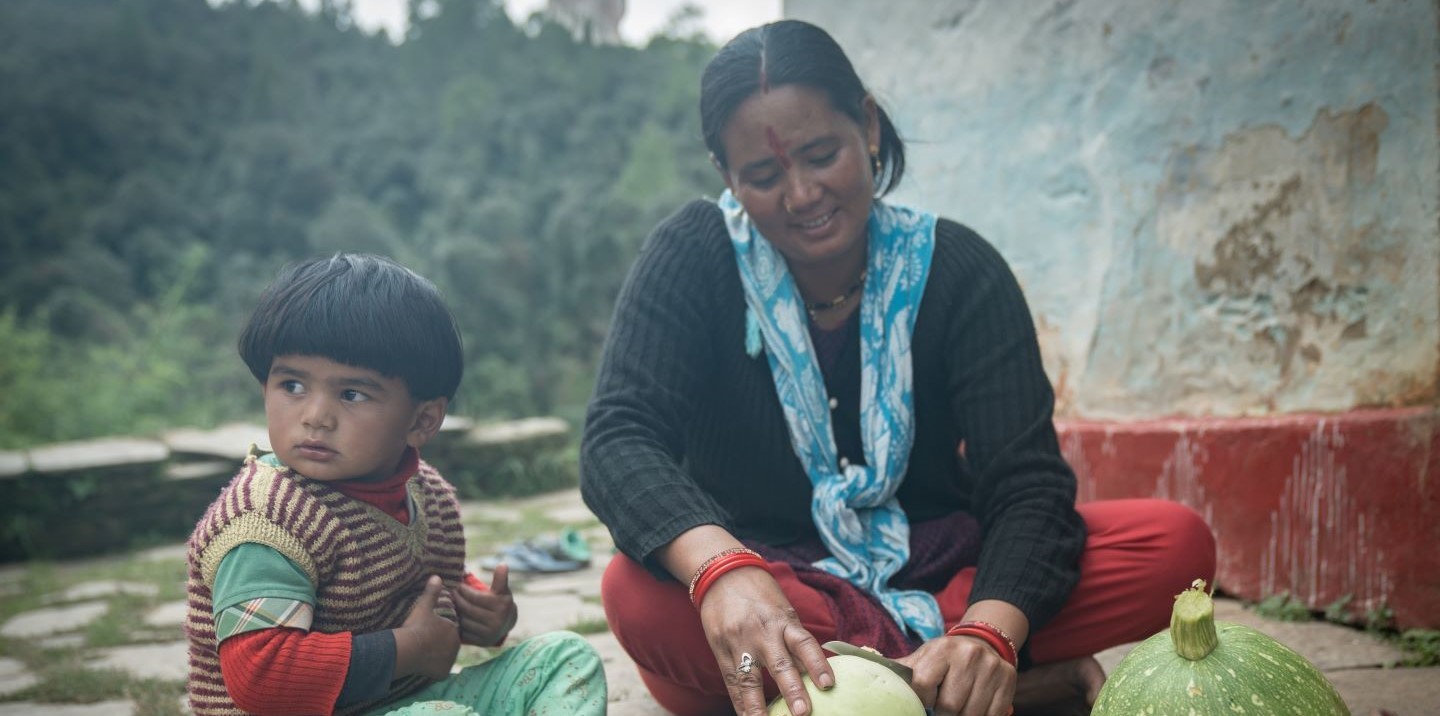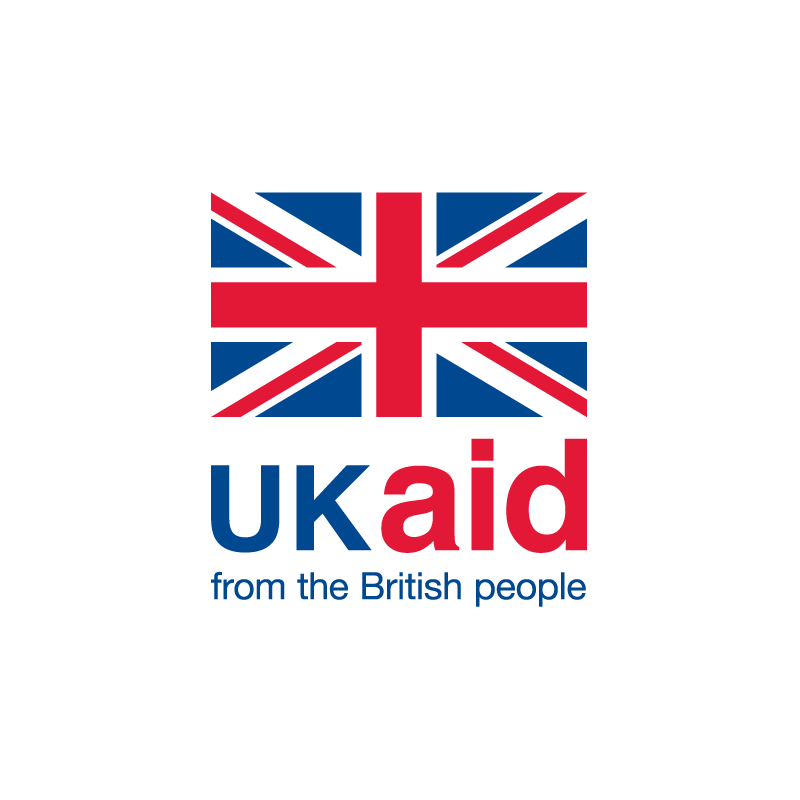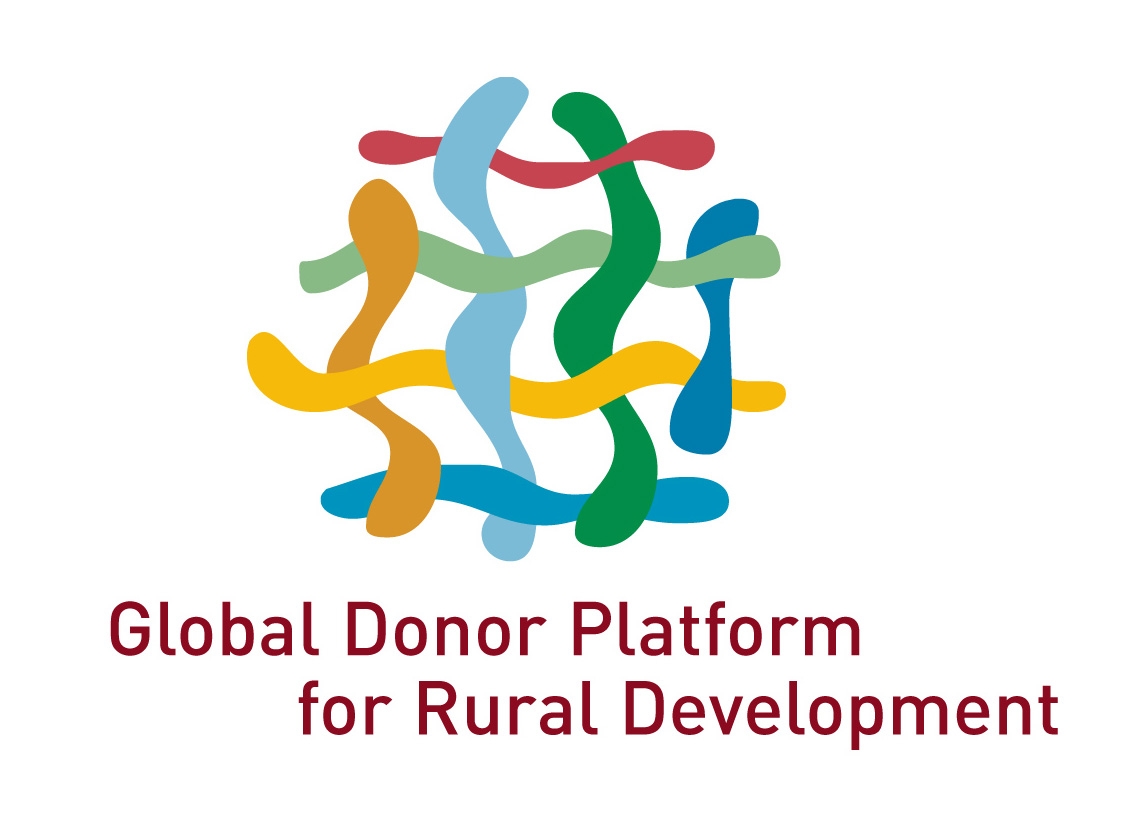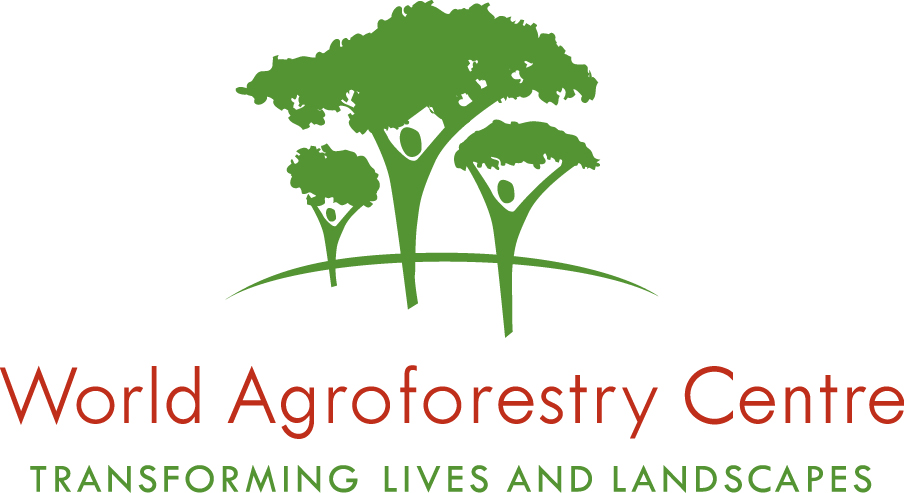Adaptation for Smallholder Agriculture Programme
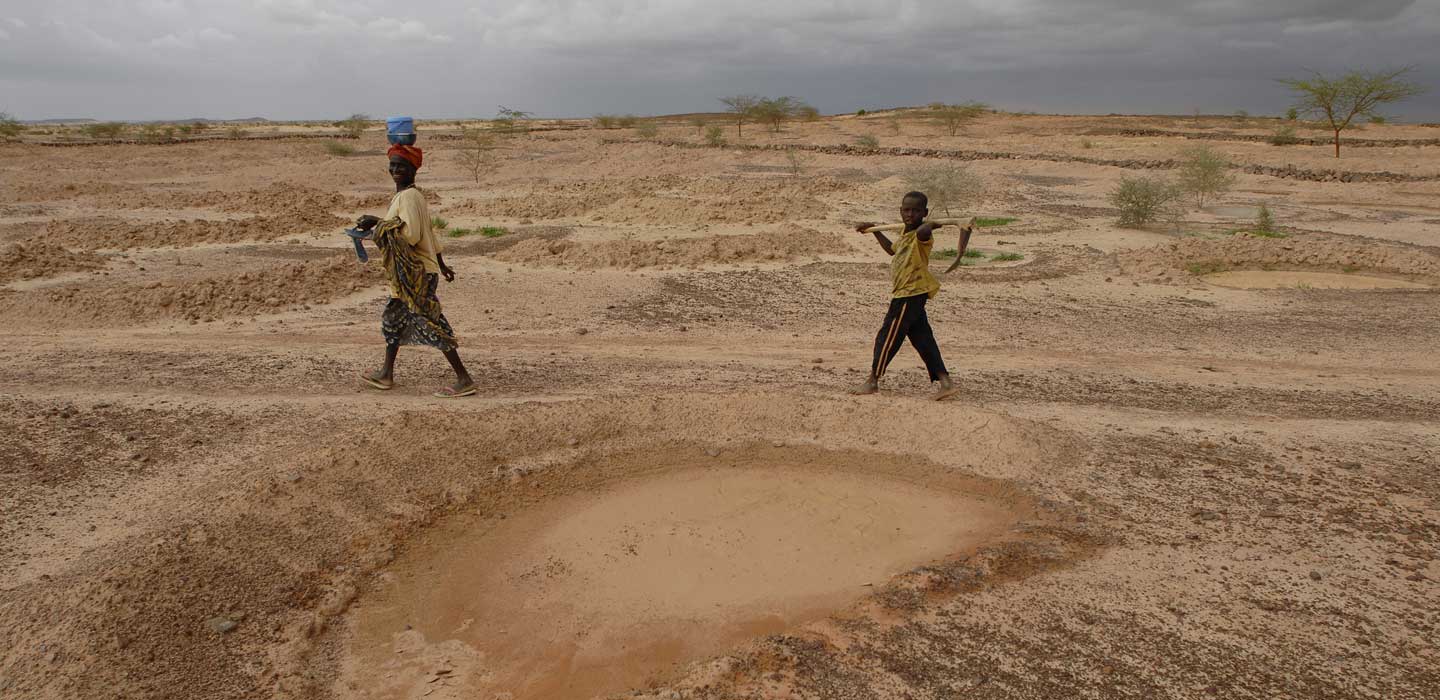
Adaptation for Smallholder Agriculture Programme
Adaptation for Smallholder Agriculture Programme (ASAP)
Critical climate finance for small-scale farmers
Small-scale farmers are on the frontline of climate change. They live in some of the most vulnerable landscapes, such as hillsides and flood plains, and rely on fragile natural resources to make a living. As a result, rising temperatures, erratic rainfall, pest infestations, rising sea levels and extreme weather events threaten their lives and livelihoods.
Despite this, poor rural communities are often overlooked in policy debates on climate change—and how to address it.
The Adaptation for Smallholder Agriculture Programme (ASAP) is IFAD’s flagship programme for channelling climate finance to small-scale farmers. It is being implemented in three phases:
- ASAP1 (2012-2025): addresses the challenges posed by climate change by providing climate-resilient agricultural practices, technologies and financing to small-scale farmers.
- ASAP2 (2017-2025): provides technical assistance on policy and operational issues.
- ASAP+ (from 2021): builds on the previous phases to address climate-driven food insecurity and empowers the most vulnerable small-scale producers and communities.
Through new financial and programming instruments that address this complex problem, IFAD helps small-scale farmers in developing countries adapt to climate change and build resilient livelihoods by providing them with knowledge, skills and technology. We promote practices that mitigate the emissions of greenhouse gases and support knowledge-sharing to foster the development of new approaches and technologies.
Spotlight
Spotlight
The planet is awash with climate disasters. Meet the rural people battling to endure them
One year on from the biggest global commitment to financing climate adaptation at COP26, we are yet to see the actions needed to follow through on this promise.
Contacts
Publicador de Conteúdos e Mídias

Hisham Zehni
Lead Technical Specialist (Youth) and Social Inclusion Cluster Coordinator, Environment, Climate, Gender and Social Inclusion Division

Flavia Perusini
Climate Change and Environment Specialist, Environment, Climate, Gender and Social Inclusion Division

Related news
Publicador de Conteúdos e Mídias
At COP26, IFAD spotlights the impact of climate change on small-scale farmers with an innovative virtual visit to Bangladesh
IFAD highlighted the impact of climate change on small-scale farmers at the 26th Conference of the Parties (COP26) to the UN Framework Convention on Climate Change currently underway in Glasgow, UK, through a virtual visit to Bangladesh, where the country’s poorest small-scale farmers spoke about the projects and practices that are helping them adapt.
Climate change adaptation programme can help an additional 10 million vulnerable people in Asia and Pacific says new IFAD report
Climate-related hazards are intensifying in the Asia Pacific region, disproportionately affecting vulnerable rural communities. Policymakers must prioritise climate resilience and adaptation measures in order to protect rural communities from losing economic advancements according to a new report released today by IFAD.
Help small-scale farmers adapt to climate change or face increased hunger and migration, warns IFAD President
Related stories
Publicador de Conteúdos e Mídias
A tool to make rural investments more resilient
Agriculture is not just a contributor to climate change. It is an essential part of the solution - IFAD’s reaction to the latest IPCC report
While we can no longer avoid climate change, we can still limit its impacts. It is time we start viewing agriculture as an essential part of the solution.
CARD: Assessing data for climate-friendly action in rural contexts
Related publications
Publicador de Conteúdos e Mídias
Adaptation for Smallholder Agriculture Programme (ASAP) brochure
The Adaptation for Smallholder Agriculture Programme (ASAP) was launched by the International Fund for Agricultural Development (IFAD) in 2012 to make climate and environmental finance work for smallholder farmers. A multi-year and multi-donor financing window, ASAP provides a new source of cofinancing to scale up and integrate climate change adaptation across IFAD’s approximately US$1billion per year of new investments. The programme is joined up with IFAD’s regular investment processes and benefits from rigorous quality control and supervision systems.
ASAP is driving a major scaling up of successful ‘multiple-benefit’ approaches to smallholder agriculture, which improve production while reducing and diversifying climate-related risks. In doing so, ASAP is blending tried-and tested approaches to rural development with relevant adaptation know-how and technologies. This will increase the capacity of at least 8 million smallholder farmers to expand their livelihood options in an uncertain and rapidly changing environment.
ASAP Bangladesh factsheet
change. During the monsoon period, the Haor region of Bangladesh becomes
completely inundated with 4-8 metres of water for around 6-7 months of the year.
Flash fl oods are common, and in some years 80-90 per cent of crops are lost
because of extreme weather events. The situation is expected to worsen as a climate
change-related shift towards pre-monsoon rainfall is coinciding with the paddy rice
pre-harvest period. This severely affects food output in the Haor, which provides up
to 16 per cent of national rice production.
ASAP Bolivia factsheet
Related videos
Related videos
Fighting climate change in Latin America and the Caribbean
Small-scale farmers are responsible for up to 80 per cent of food production in Latin American and Caribbean countries, but they are at the frontline of the fight against climate change and social injustice.
Climate Knowledge from the Ancestors
Have you ever found yourself looking outside the window, wondering if it will be raining soon? Perhaps you never thought of asking the ants.
Rwanda: Reducing food loss in a changing climate
Farmers in Rwanda can lose around 30 per cent of their harvests before they even reach the market, due to a lack of adequate means to dry, store and transport the crops.
Paxina Chileshe talks about climate adaptation
Paxina Chileshe, climate change specialist at IFAD, talks about climate adaptation and smallholder farmers.
